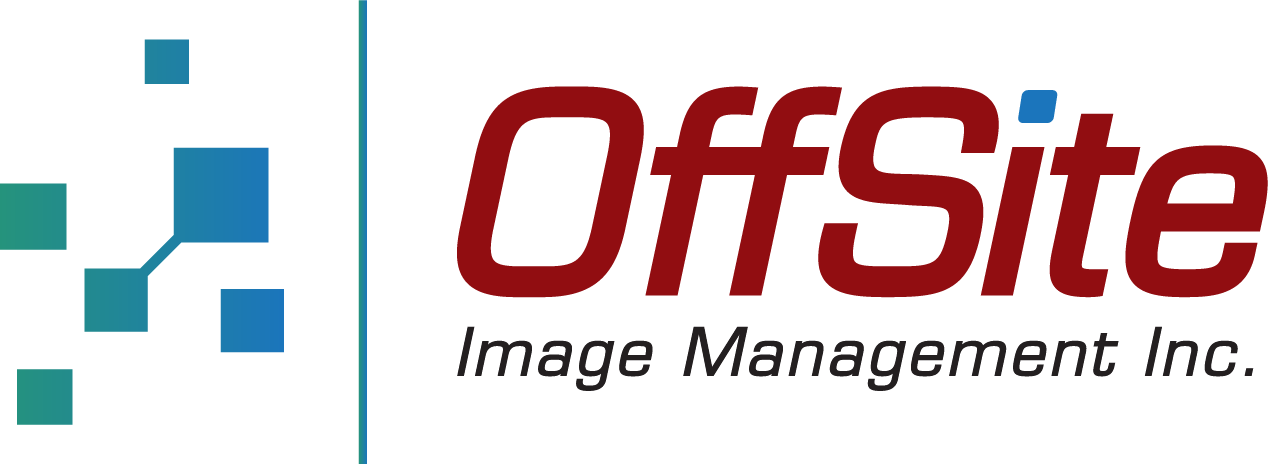 Data loss can paralyze your hospital or clinic. Whether it’s from a hardware failure or a natural disaster, data loss means patient images that could reveal critical healthcare answers can’t be found, or shared. Data loss for a hospital could mean serious time lapses that could even cost a patient’s life. Without a backup system in place, clinics that experience data loss face an uphill battle that few are capable of winning.
Data loss can paralyze your hospital or clinic. Whether it’s from a hardware failure or a natural disaster, data loss means patient images that could reveal critical healthcare answers can’t be found, or shared. Data loss for a hospital could mean serious time lapses that could even cost a patient’s life. Without a backup system in place, clinics that experience data loss face an uphill battle that few are capable of winning.
This is why so many businesses today know that they have to prevent data loss at all costs, and they’re looking at offsite data centers to aid in that endeavor. Most data center professionals recommend that the data you want stored should not be in the same geographical location as your business. One disaster, such as a hurricane, wild fire, flood or tornado, can devastate a large area, including the data center that’s storing your valuable information.
Data centers being built today are keeping an eye on energy efficient processes, but they’re also being built away from a flood zone or a region that is prone to devastation from hurricanes. Some industries, such as health care, have clauses in their contracts with data centers that specifically says what the center is responsible for should a disaster occur. The best offsite data storage providers can also provide details for a disaster recovery plan.
What does a disaster recovery plan look like for data? The plan should be easy to follow so in times of crisis, the guidelines are simple to follow yet effective. The plan should spell out who is responsible for which task. In times of disaster, quick thinking can save the company’s valuable assets, and the disaster plan should allow even the most stressed-out employee a clear view of what part they are to play in protecting the company.
It’s also a wise idea to test the disaster plan before a disaster hits. Does everyone know the recovery protocols? It’s too late to find out once the disaster is underway. How will your company function once it loses the ability to keep the IT systems running smoothly or at all? Dealing with issues like this before the disaster allows everyone to know what to expect.
When choosing an offsite data center to prevent data loss, many companies are limited to IT environments. The question that is often asked is “what type of system does the data center operate and what will be compatible with our current IT setup?” Vendor neutral systems are generally among the best choice for most companies. Electronic vaulting of data is what many industries are going to instead of relying on optical storage or tape, which is what many companies used to use to backup their data at the dawn of the digital age.
The health care industry is quickly taking note of the services offered by OffSite Image Management, Inc., a company that utilizes vendor neutral archiving services to put you in touch with your data when you want it. Offsite Image Management utilizes offsite data storage to safely and securely keep your valuable data from falling victim to natural disasters or other issues that cause data loss. Offsite is a leader in radiological and DICOM images, as well as vendor neutral archiving. Make the call today to protect your data for tomorrow.
